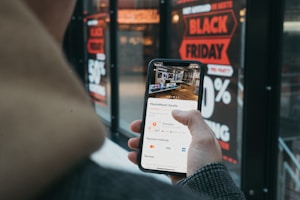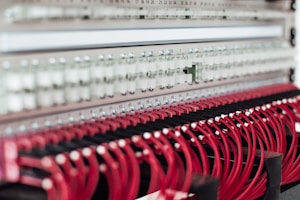There are several kinds of networks, safe and unsafe. Wi-Fi connections might be open or closed to the public depending on the configuration that might be made to the connection as it is being established. An unsecured Wi-Fi connection does not have to mean an open means of accessing it but the possibility of listening to communications that take place over the connection. Any Wi-Fi connection that is not secure will be easily tapped into, and details floating about in the connection picked up by third parties who might even use this information to crack the Wi-Fi network’s password.
The connections are also said to be insecure when they have not been protected by a WPA or WEP key, which is the reason many people will set up passwords for their Wi-Fi networks and only give the password out to people they know, can trust, and have given them access into the network. The passwords make sure that only the people that have access to them can access the network. All the other people that do not have access to the passwords will be unable to get onto the network, and no matter what they try, they will always be locked out of the connection. This is done in a bid to ensure that whoever paid for the Wi-Fi network does not get locked out while those not connected are encouraged to pay to gain access to the many benefits provided by the network.
Secure Wi-Fi connections preserve the security of the connections and the safety of the data being passed over the encrypted connections, which have advanced security mechanisms that get rid of the man in the middle while preventing the password from being easily hacked by packet sniffers and other hacking tools that are used to break into Wi-Fi connections that are poorly configured.
The quality of the security mechanisms applied to any network connections determines the stability of the network and how well it can provide services to those who have been given the credentials to access the information on these networks. A home can create a network through which they can share files with family members, collaborate on projects, and even hold meetings with each member in their own room. To prevent the neighbor from listening in to the conversation, the network can be secured by using a password or a phrase that changes from time to time and determines the length of the session.
Cybercafes use this method to sell Wi-Fi, and one usually gets asked to pay for a token that lasts for a given duration within which one can complete all their online transactions, update all their software, and do even more given the high bandwidth of these networks and the strength of the signal when it is close-by. Paying for Wi-Fi and getting passwords guarantees you a quality internet experience while also benefiting the service providers.











